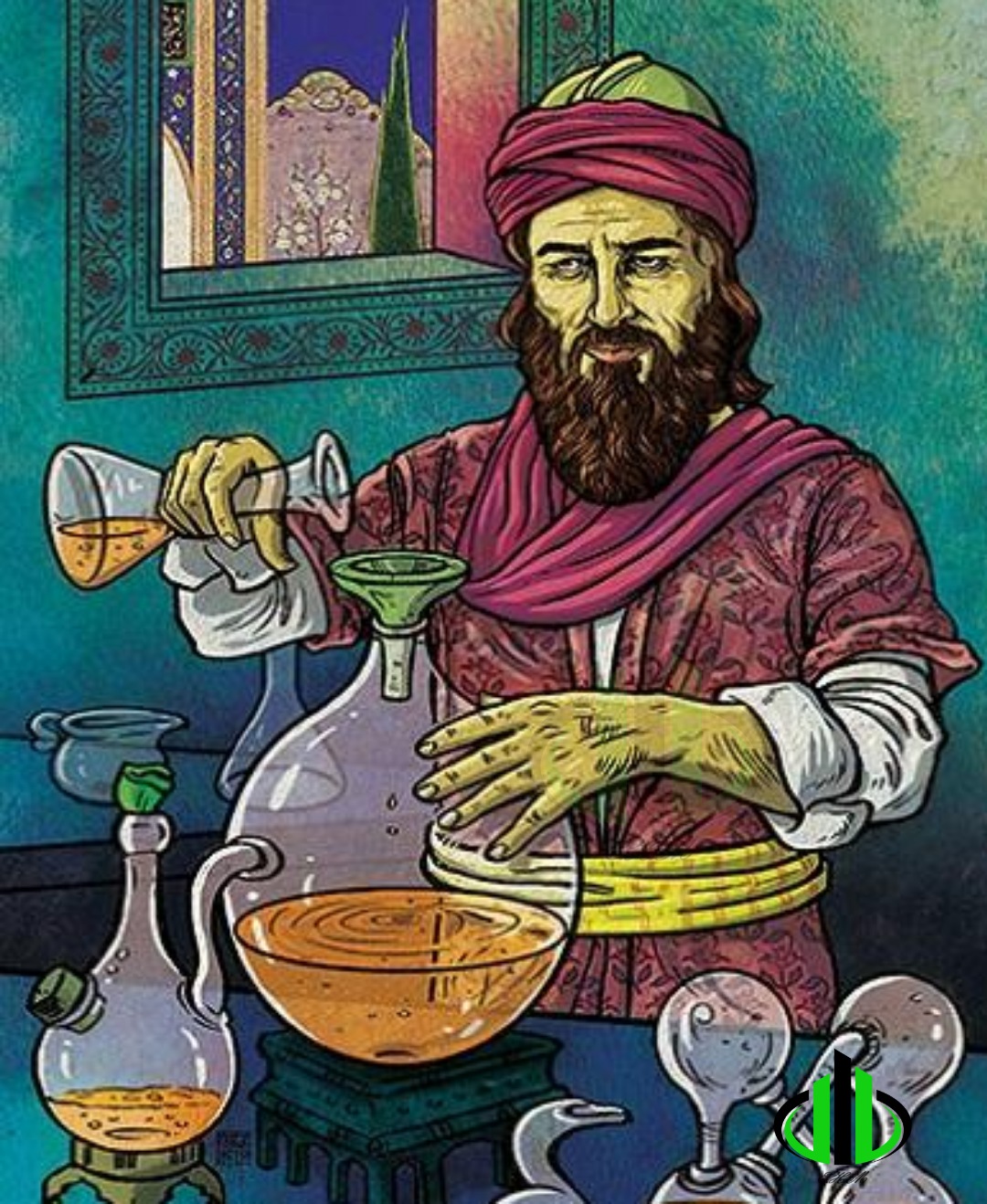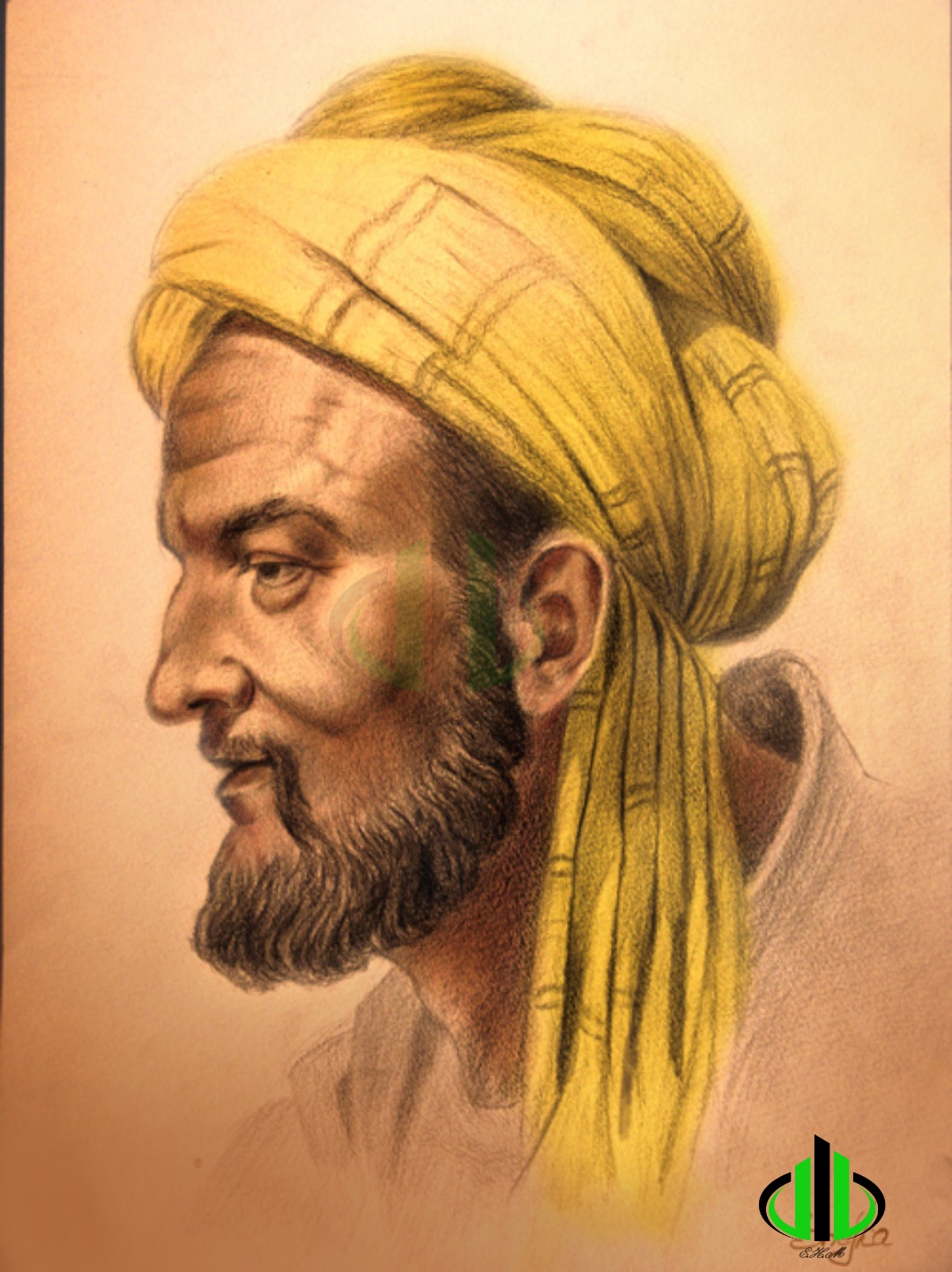2) Abū Bakr Muḥammad ibn Zakariyyā
Abū Bakr Muḥammad ibn Zakariyyāʾ al-Rāzī , 864 or 865 – 925 or 935 CE, was a Persian physician, philosopher and alchemist, widely considered one of the most important figures in the history of medicine. He also wrote on logic, astronomy and grammar.
A comprehensive thinker, al-Razi made fundamental and enduring contributions to various fields, which he recorded in over 200 manuscripts, and is particularly remembered for numerous advances in medicine through his observations and discoveries. An early proponent of experimental medicine, he became a successful doctor, and served as chief physicianof Baghdad and Ray hospitals as a teacher of medicine, he attracted students of all backgrounds and interests and was said to be compassionate and devoted to the service of his patients, whether rich or poor.
According to the Encyclopædia Britannica (1911) he was among the first to use humoral theory to distinguish one contagious disease from another, and wrote a pioneering book about smallpox and measles providing clinical characterization of the diseases.
Through translation, his medical works and ideas became known among medieval European practitioners and profoundly influenced medical education in the Latin West. Some volumes of his work Al-Mansuri, namely "On Surgery" and "A General Book on Therapy", became part of the medical curriculum in Western universities. Edward Granville Browne considers him as "probably the greatest and most original of all the Muslim physicians, and one of the most prolific as an author". Additionally, he has been described as the father of pediatrics, and a pioneer of obstetrics and ophthalmology. For example, he was the first to recognize the reaction of the eye's pupil to light.

1) Ibn Sina
Ibn Sina, also known as Abu Ali Sina , Pour Sina , and often known in the West as Avicenna . He was a Persian polymath who is regarded as one of the most significant physicians, astronomers, thinkers and writers of the Islamic Golden Age, and the father of early modern medicine . Of the 450 works he is believed to have written, around 240 have survived, including 150 on philosophy and 40 on medicine. His most famous works are The Book of Healing, a philosophical and scientific encyclopedia, and The Canon of Medicine, a medical encyclopedia which became a standard medical text at many medieval universities and remained in use as late as 1650. Besides philosophy and medicine, Avicenna's corpus includes writings on astronomy, alchemy, , psychology, Islamic theology, logic, mathematics, physics and works of poetry.

Attachment: